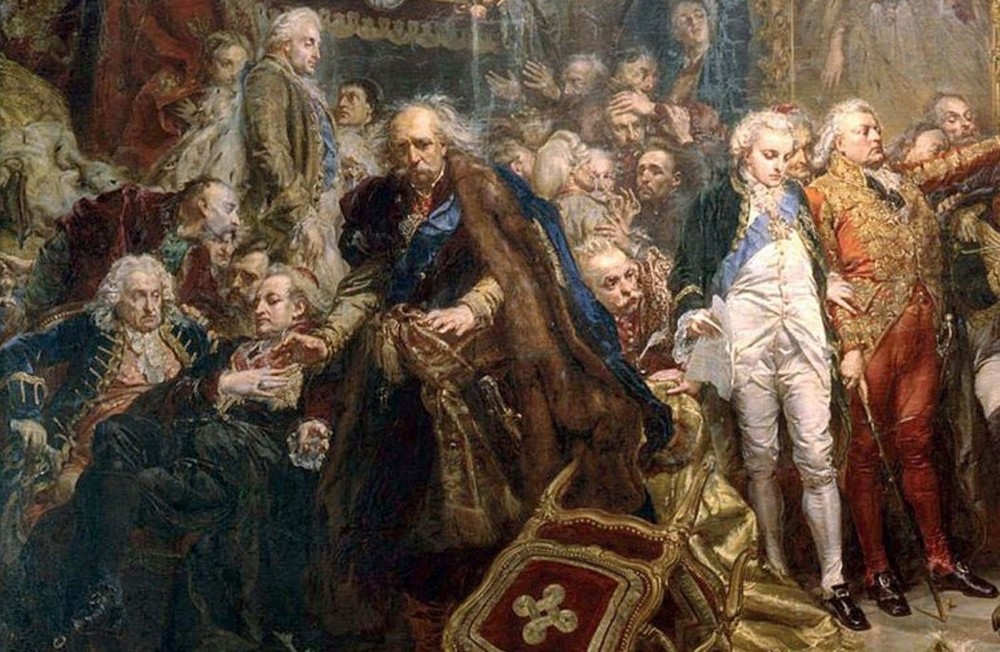
The article on basis of sources and scientific literature conditions, rules, legislation of nobility election in Volyn are investigated. Gentry have got the same rights of the Russian nobility in the self-management, but after making the oath of allegiance to the Empire. There was a cardinal difference between Seymik and Nobility assembly. Gentry elected only local judicial and police administration. While the Polish Seymik solved not only local, but nation-wide problems as well. Imperial power more controlled the nobility elections in Volyn. In difference from a Seymik, where every polish gentleman had the elective right, in nobility assembly landless noblemen had no possibility to vote in an election. In due course, the rights of participation in nobility election have been deprived with all involved in the Polish revolt of 1830, and those who didn’t prove their nobility origin in time. Regulatory powers nobility elections were divided between the governor and the leader of nobility. The head of Volyn province supervised the preparations for the elections and claimed in elected positions. However, he could not be present at the elections. The election procedure controlled only the leader of nobility. Polish magnates would not take uninfluential elected officials. Gentry did not receive a salary for their service in elected positions. Participation of local nobility in revolts served as an occasion to deprivation of nobility of the elective rights. The certain attention in the article is allocated to studying of functions of the leader of nobility, local police and their relationship with local administration.
Source: Markevych O. (2016). «Nobless Oblige» or How Nobility Elections Were Regulated in Volyn (in the Late 18th - 60-ies of the 19 th Centuries). Intermarum: istoriya, polityka, kulʹtura. №3: 144-155
Source web-site: http://intermarum.zu.edu.ua/article/view/103555/98629
Number of views: 2987